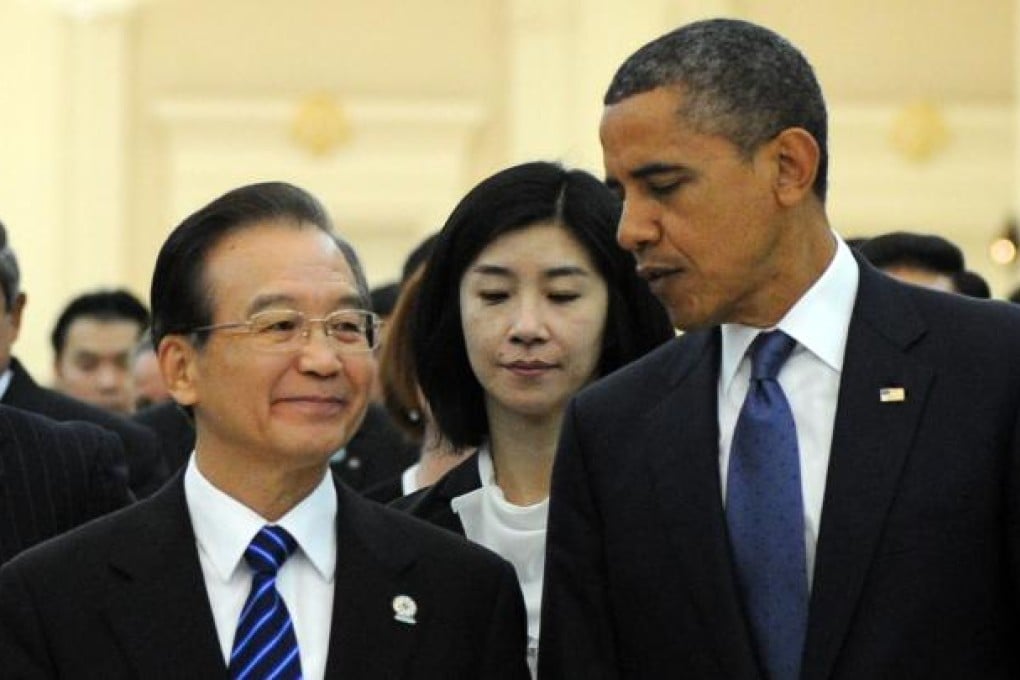Code of conduct for South China Sea can defuse time bomb
Andrew Leung says a code of conduct to avoid hostilities will help region refocus on growth

The curtains of domestic politics have barely come down and the United States and China have already shifted their attention back to the Asean geopolitical chessboard in their battle for influence over the Asia-Pacific.
US President Barack Obama's first trip overseas after his re-election victory and Wen Jiabao's probable last visit to the region as premier underscore just how much is at stake for both countries.
The Association of Southeast Asian Nations has always been important to Beijing: it is at the heart of China's regional supply and production chain, straddling vital sea lanes for merchandise trade on which China relies for some 50 per cent of its gross domestic product, double the US' proportion.
The South China Sea lanes are also critical conduits for transporting fuel. The region is a treasure trove of energy and valuable resources waiting to be exploited. Strategically, it is also where the "first island chain", China's Pacific coastal maritime defence perimeter, is situated.
Until recently, long-standing territorial disputes in these waters were largely left on the back burner as China carefully built harmonious relations around its periphery.
But the calm was disrupted after the US began its Asia pivot. While it repeatedly assured China it was merely rebalancing forces in the region rather than embarking on an anti-China containment policy, China's neighbours with rival maritime claims have become emboldened. Rising nationalism in emerging South Asian economies also means they are less receptive to the overarching economic weight of the 800-pound panda. So the US pivot has become a useful geopolitical and military counterweight for China's neighbours, even if none of them want to be corralled into an anti-China bloc.
It was hence no surprise that Wen, at the Asean and East Asian summits in Phnom Penh, tried hard to steer the focus away from the South China Sea disputes to the mutual economic benefits in the soon-to-be-launched Regional Comprehensive Economic Partnership. The initiative is expected to incorporate 16 nations: the 10 Asean states, China, Japan, South Korea, India, Australia and New Zealand.
